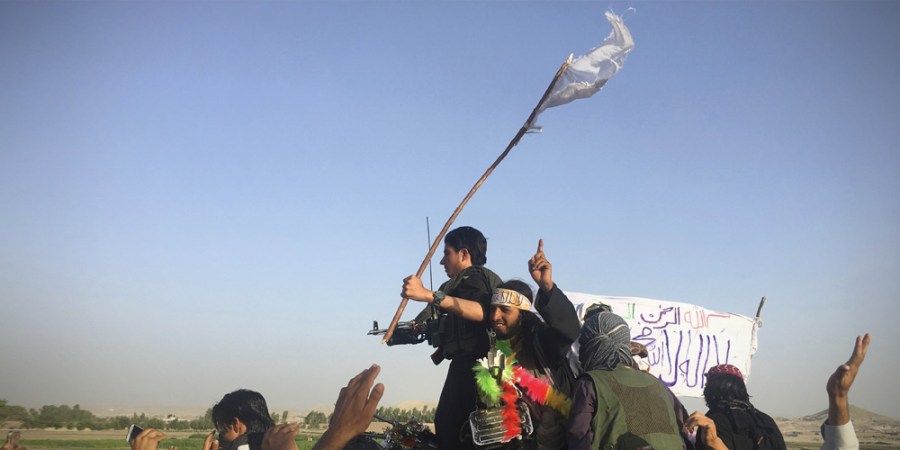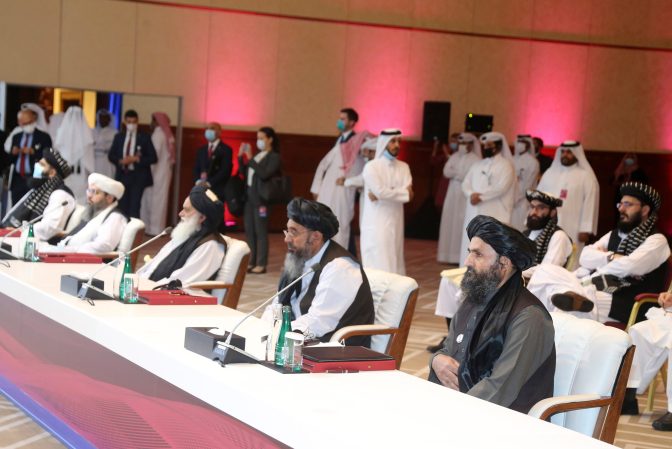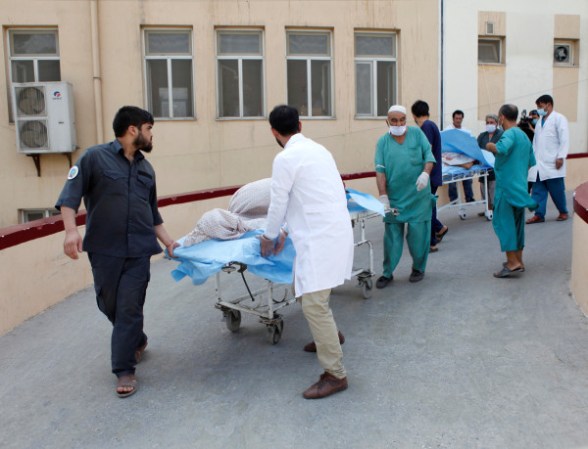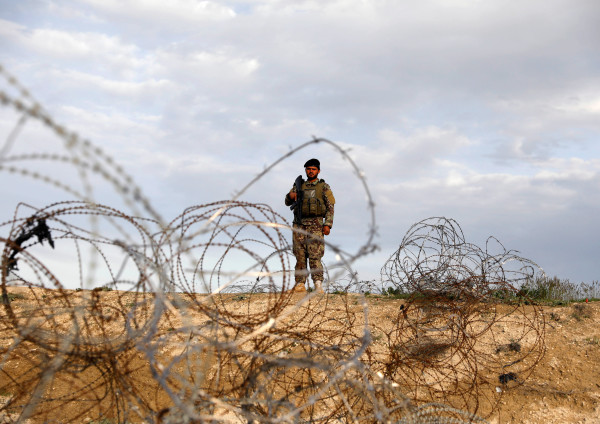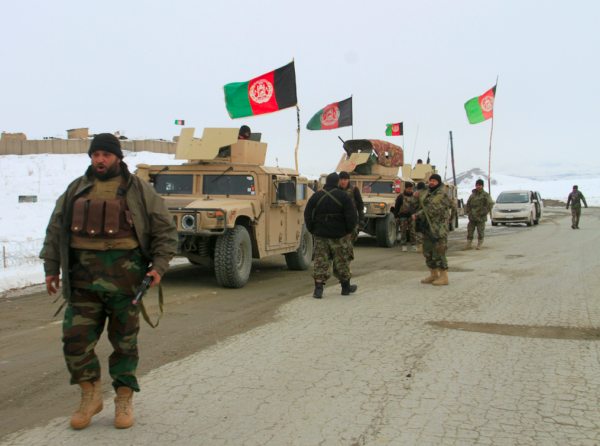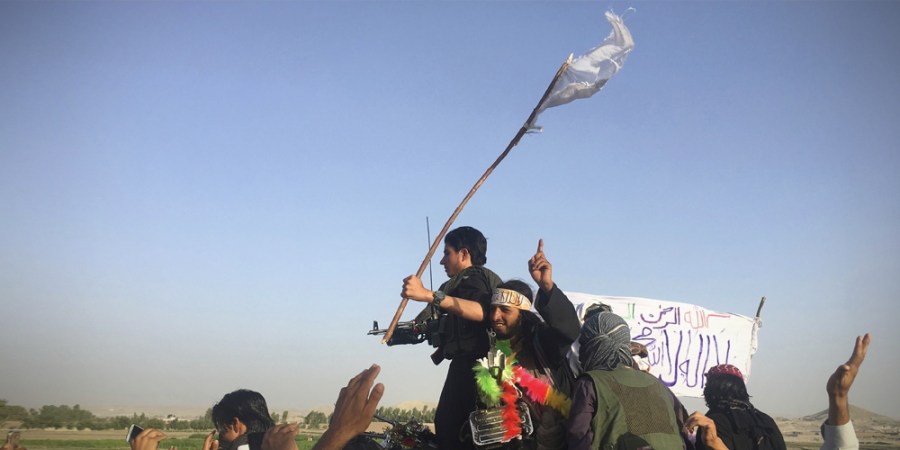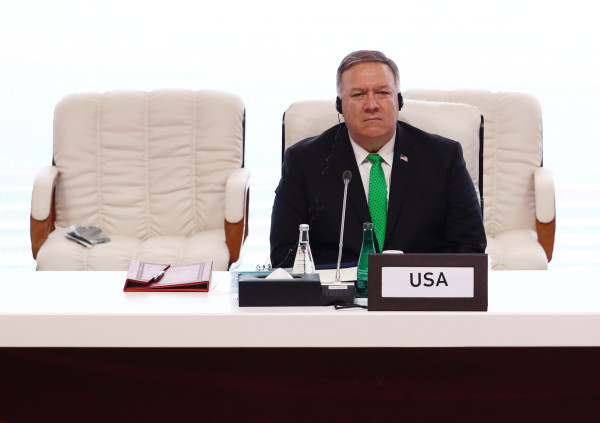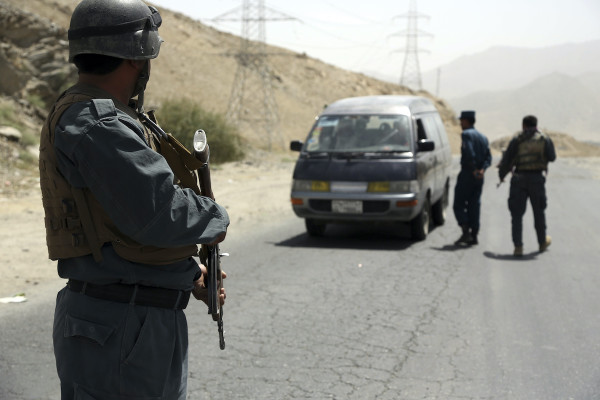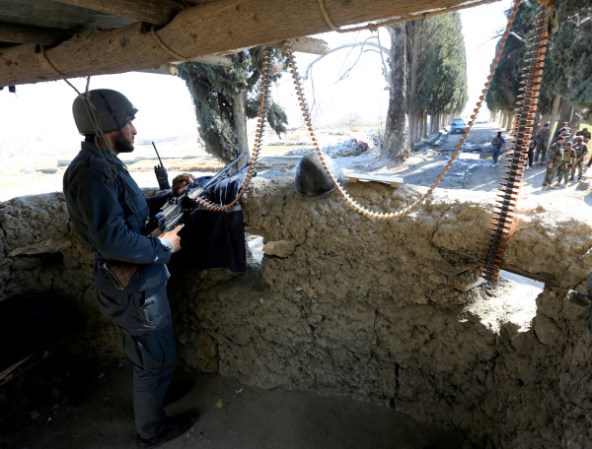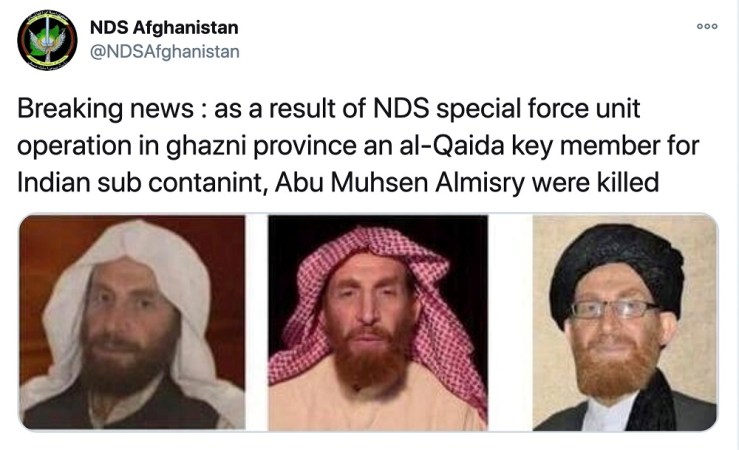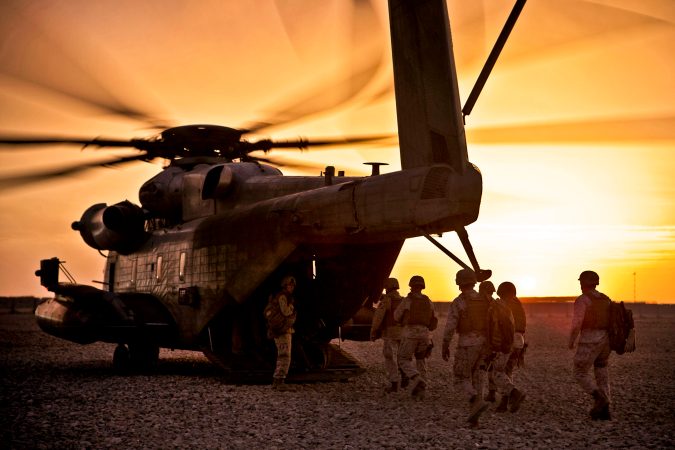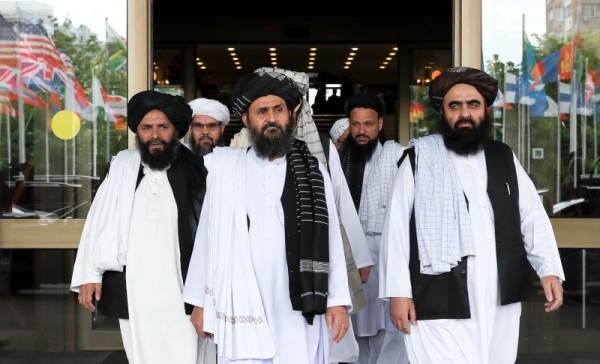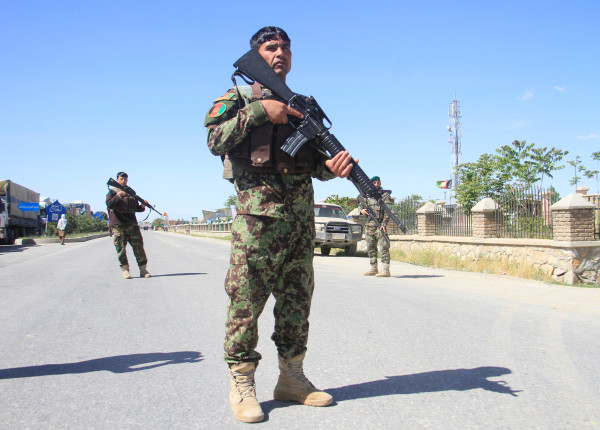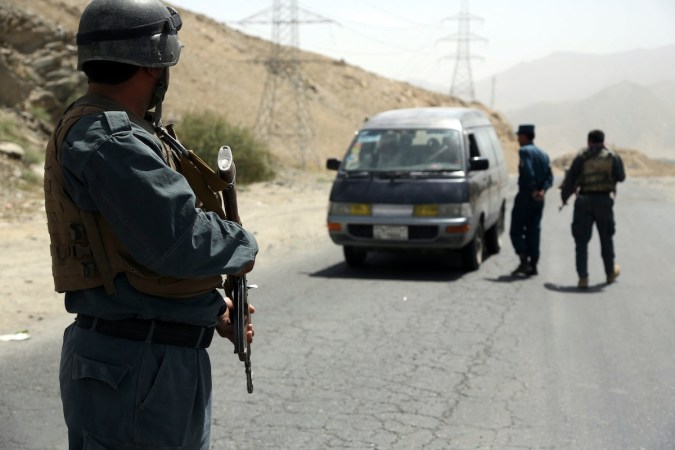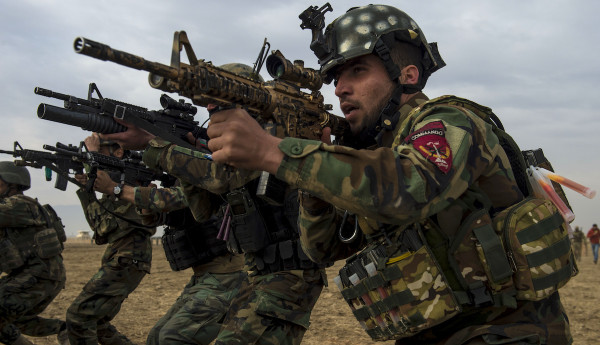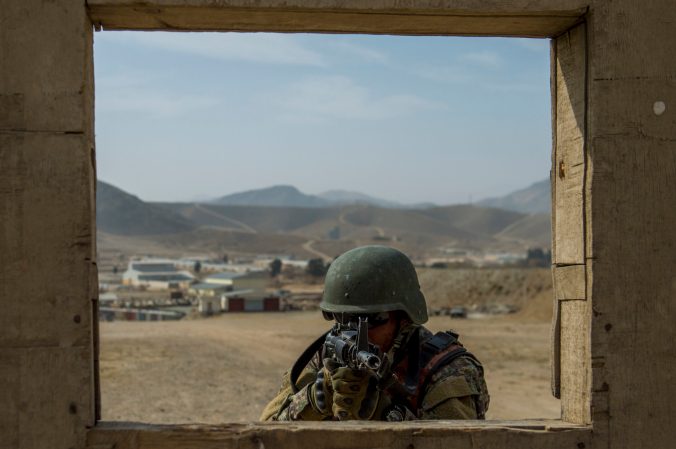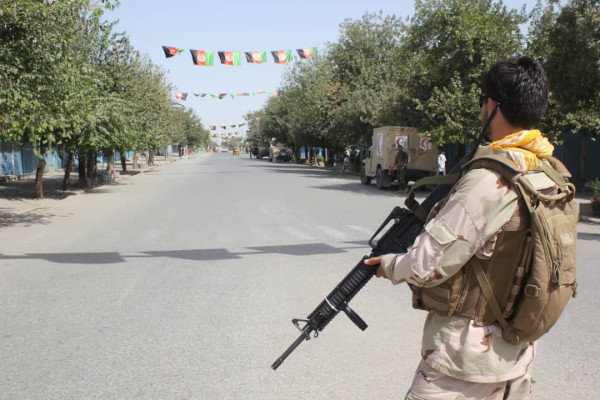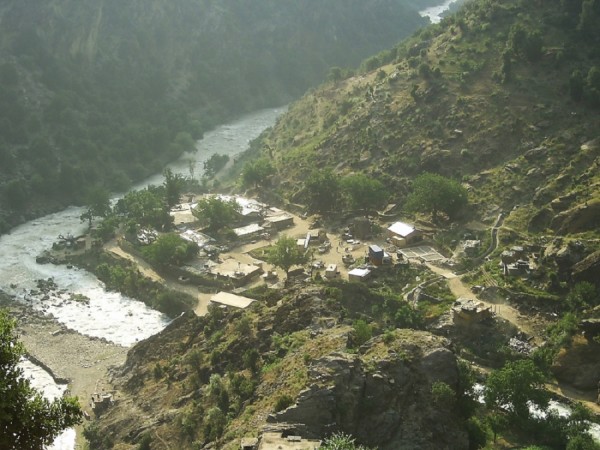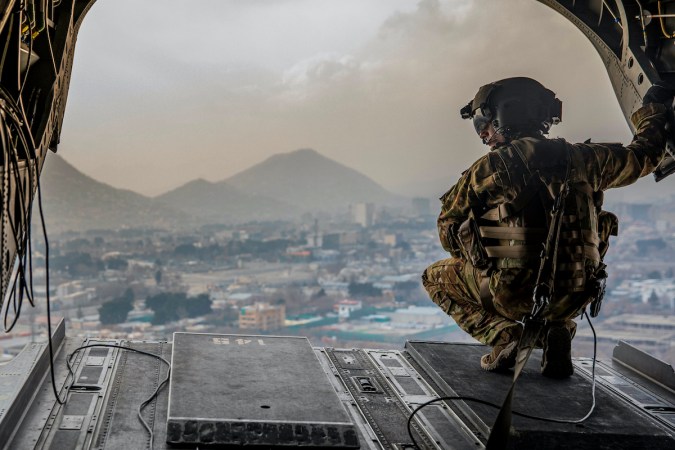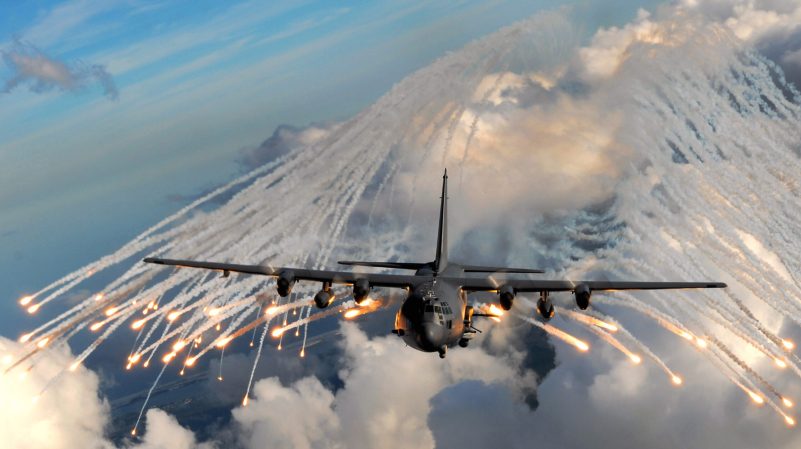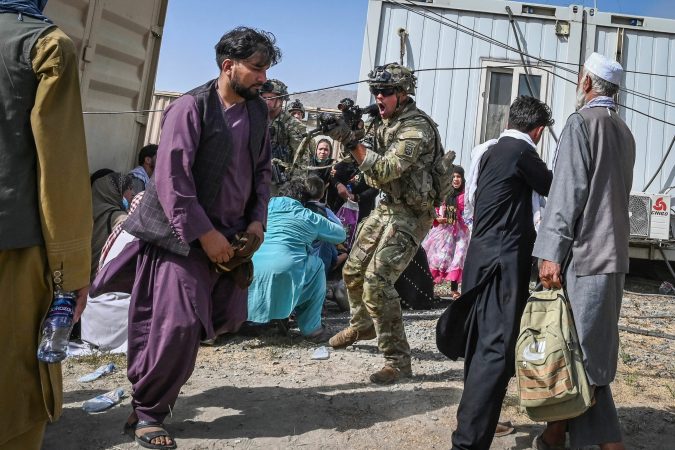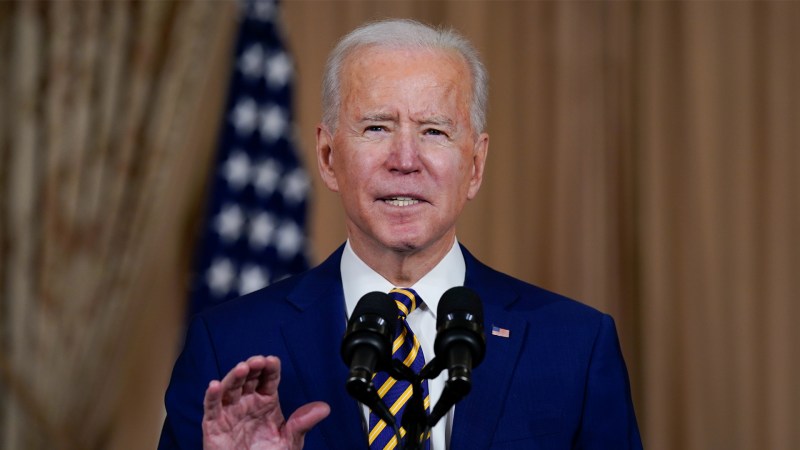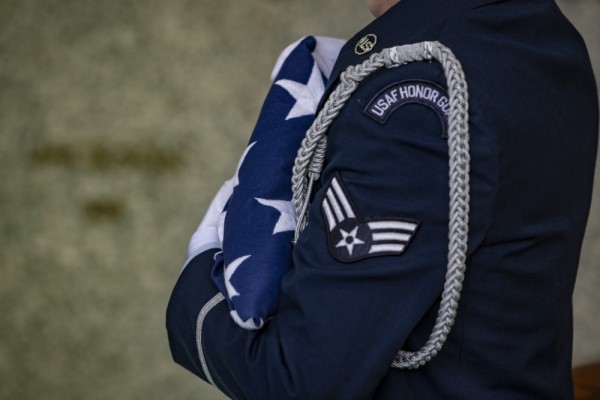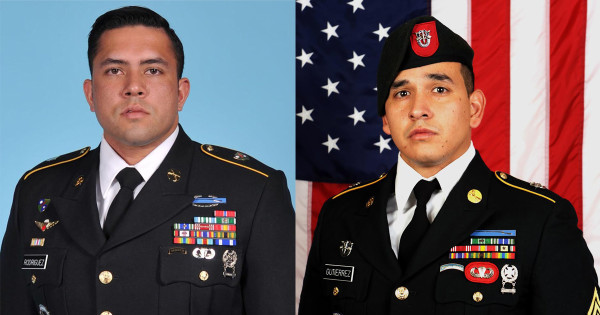KABUL (Reuters) – At least 57 members of the Afghan security forces were killed and dozens injured in overnight clashes with Taliban fighters across Afghanistan, security officials said on Monday, in the bloodiest day of fighting since government and insurgent forces began peace talks in Doha over a week ago.
Negotiating teams representing the Taliban and the Afghan government have been meeting in the Qatari capital since talks started on Sept. 12. But little headway has been made, particularly on a ceasefire, which many international capitals have called for but which the insurgent group has rejected.
Sunday night’s bloodiest clashes were in the central province of Uruzgan, where 24 members of the Afghan security forces were killed when Taliban fighters attacked security checkpoints, Deputy Governor of the province Sayed Mohammad Sadat said.
Clashes and casualties were also reported in the provinces of Takhar, Helmand, Kapisa, Balkh, Maidan Wardak and Kunduz, provincial officials told Reuters.
In Balkh, the Taliban took hostage three members of Afghanistan’s spy organisation, the National Directorate of Security, according to Monir Ahmad Farhad, spokesman for Balkh provincial governor.
The Taliban did not confirm casualties on their side, but according to a spokesman for the Pamir military corps, Abdul Hadi Jamal, 54 of the insurgents were killed in clashes in Kunduz, Takhar and Baghlan provinces on Sunday night.
A spokesman for the provincial government of Maidan Wardak, Muhibullah Sharifzai, said 26 Taliban fighters were killed in clashes there.
Interior ministry spokesman Tariq Arian said Taliban attacks had killed 98 civilians and injured 230 others in the last two weeks across 24 provinces.
At least 12 civilians were killed on Saturday in airstrikes on a Taliban base in the northeastern province of Kunduz. Defence ministry officials said 40 Taliban fighters were killed, but they did not confirm civilian casualties.
Despite international pressure, particularly from Washington, the Taliban continue to reject a ceasefire until the two sides reach an agreement.
The almost daily meetings in Doha have been unable to make it past debating rules and regulations of the process, and the sides remain far apart on most matters.
